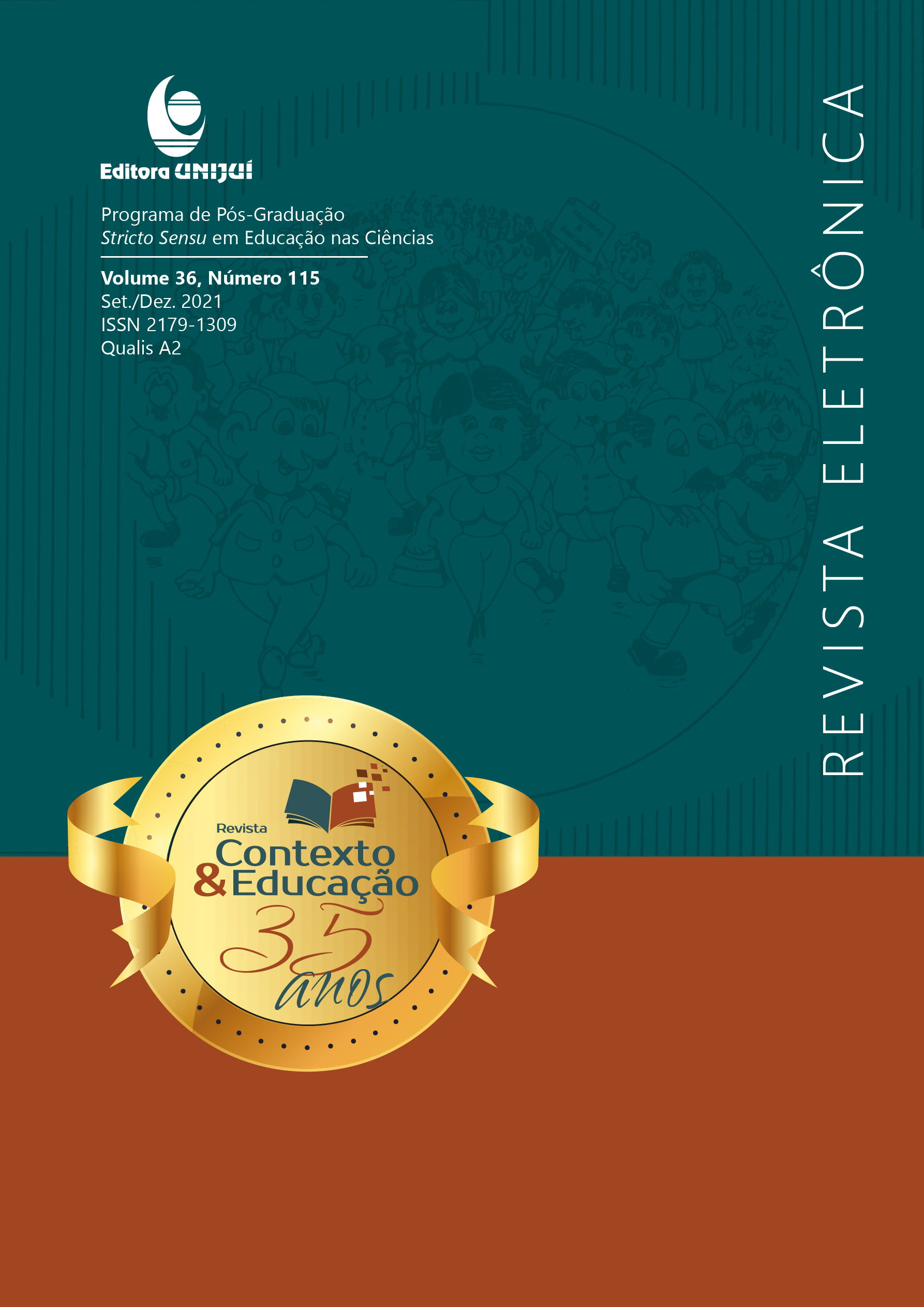REFLEXÕES SOBRE A TRAMA GEOGRÁFICA ENTRE ESPAÇO E RELIGIÃO
REFLECTIONS ON THE RELATIONSHIP GEOGRAPHIC BETWEEN SPACE AND RELIGION
DOI:
https://doi.org/10.21527/2179-1309.2021.115.10748Keywords:
Geografia. Espaço. Religião.Abstract
A geografia tem sido renovada ao longo da história do seu pensamento, mirando a compreensão ou a interpretação da
complexa relação entre o homem e o meio. Consideramos que a geografia possibilita a elaboração e a discussão de diversos saberes, todos com a característica comum da sua implicação no entendimento da produção ou da organização do espaço geográfico. A religião é um saber que pode ser discutido na ótica geográfica, não obstante ser negligenciado pela maior parte dos geógrafos. Na história do pensamento geográfico houve certa resistência por parte de muitos estudiosos de se fazer uma abordagem geográfica da religião. Nos dias de hoje, o diálogo entre geografia e religião ocorre por meio de estudos voltados para os fenômenos religiosos na dinâmica espacial, os lugares enquanto espaços sagrados e profanos, as paisagens sagradas e as territorialidades, assim como os territórios conformados pelas religiões. Destarte, a partir da realização de pesquisa bibliográfica sobre espaço e religião, feita em acervos virtuais de bibliotecas universitárias e de periódicos científicos, objetivamos, neste trabalho, refletir sobre o saber religião em geografia, ressaltando-se que a espacialidade sagrada e profana adquire formas e significados próprios que estão expressos no espaço – implícita e explicitamente. Tal fato sublinha a forte ligação entre o homem e o seu espaço.
Downloads
Published
How to Cite
Issue
Section
License
By publishing in Revista Contexto & Educação, authors agree to the following terms:
All works are published under the Creative Commons Attribution 4.0 International License (CC BY 4.0), which allows:
Sharing — to copy and redistribute the material in any medium or format;
Adaptation — to remix, transform, and build upon the material for any purpose, even commercially.
These permissions are irrevocable, provided that the following terms are respected:
Attribution — authors must be properly credited, a link to the license must be provided, and any changes made must be indicated.
No additional restrictions — no legal or technological measures may be applied that legally restrict others from doing anything the license permits.
Notices:
The license does not apply to elements that are in the public domain or covered by legal exceptions.
The license does not grant all necessary rights for specific uses (e.g., image rights, privacy, or moral rights).
The journal is not responsible for the opinions expressed in the articles, which are the sole responsibility of the authors. The Editor, with the support of the Editorial Board, reserves the right to suggest or request modifications when necessary.
Only original scientific articles presenting research results of interest that have not been previously published or simultaneously submitted to another journal with the same purpose will be accepted.
Mentions of trademarks or specific products are intended solely for identification purposes and do not imply any promotional relationship by the authors or the journal.
License Agreement (for articles published from October 2025): Authors retain the copyright to their article and grant Revista Contexto & Educação the right of first publication.


